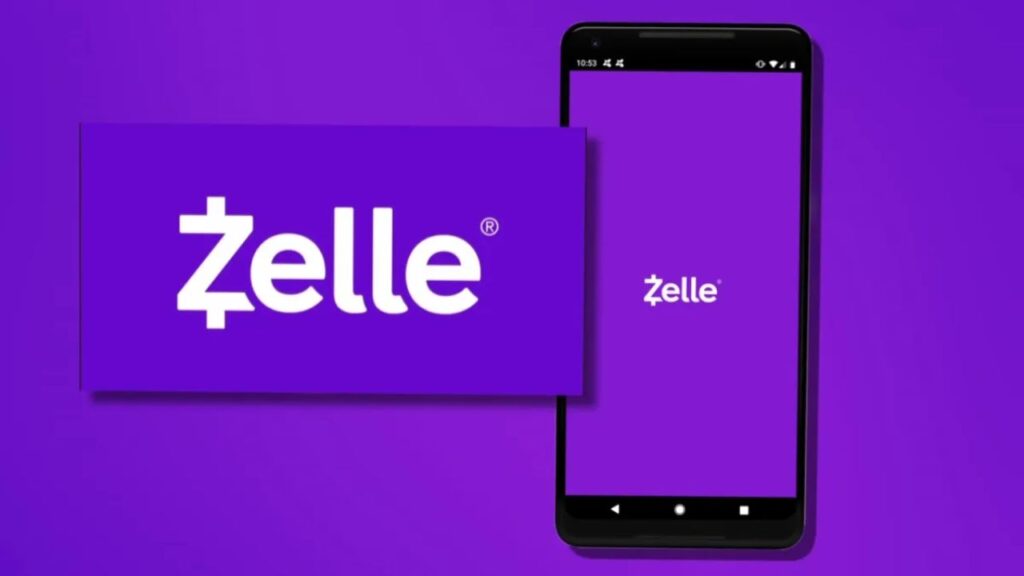If you have a bank account in the United States, chances are you’ve used Zelle to send or receive money. Since its launch, the service has made digital transactions faster and more convenient for millions of users.
However, failing to follow Zelle’s terms and conditions—or engaging in suspicious transactions—can result in your account being blocked or suspended.
In December 2024, the Consumer Financial Protection Bureau (CFPB) filed a lawsuit against Zelle’s operator, along with major banks like Bank of America, JPMorgan Chase, and Wells Fargo, for failing to protect consumers from fraud. While the lawsuit was later dropped, concerns remain about security and account restrictions.
Zelle remains one of the most popular peer-to-peer payment options, so it’s essential to understand how to use it safely and avoid account issues.
What Is Zelle?
Zelle was introduced in 2017 as a fast, secure, and easy way to transfer money between individuals and businesses. Users only need an email address or phone number to send or receive funds, with transactions typically processed within minutes.
Most major banks, including Wells Fargo, Bank of America, and Chase, support Zelle within their banking apps. While Zelle itself does not charge fees, some banks may apply fees for transactions.
Is Zelle Safe to Use?
Zelle does not require users to share sensitive banking details, making it a relatively secure payment method. However, the service should only be used to transfer money to people you know and trust.
Think of Zelle like cash—once you send money, it’s nearly impossible to reverse the transaction. If you send money to a scammer or an unverified source, you may not be able to recover your funds.
Reasons Your Zelle Account Could Be Blocked
Zelle is intended for personal and small-business transactions, but certain activities can lead to account suspension. Banks may investigate and block accounts involved in:
- Hiring illegal or unregulated services
- Buying or selling counterfeit goods
- Unauthorized online gambling or betting
- Court fines or legal payments
- Pornographic or offensive content transactions
- Fraudulent financial schemes
- Money laundering
Violating Zelle’s terms can result in temporary account restrictions, permanent suspension, or even legal consequences.
Why Do Banks Block Accounts?
Banks are required to monitor financial transactions to prevent fraud and illegal activities. If a bank detects unusual activity, they may:
- Investigate the account for possible violations
- Temporarily freeze the account while reviewing transactions
- Permanently suspend the account if it poses a financial or legal risk
What to Do If Your Zelle Account Is Blocked
If your Zelle account is blocked, contact your bank immediately to determine the reason and seek assistance. If no illegal activity is found, the bank may restore access after verifying your identity and reviewing your transactions.
However, if your account was suspended due to serious violations, you may not be able to regain access.
Zelle is a convenient way to send money, but it’s important to use it responsibly. Staying informed about its rules and security measures can help you avoid disruptions and protect your financial transactions.
FAQs:
Can I recover money sent through Zelle if I was scammed?
In most cases, Zelle transactions are final, and banks may not be able to reverse fraudulent payments. Always verify recipients before sending money.
How long does it take to unblock a Zelle account?
The time varies depending on the bank’s investigation process. Some accounts are restored quickly after verification, while others may remain suspended indefinitely.
Do all banks charge fees for Zelle transactions?
Zelle itself does not charge fees, but some banks may apply charges. Check with your bank for details.
